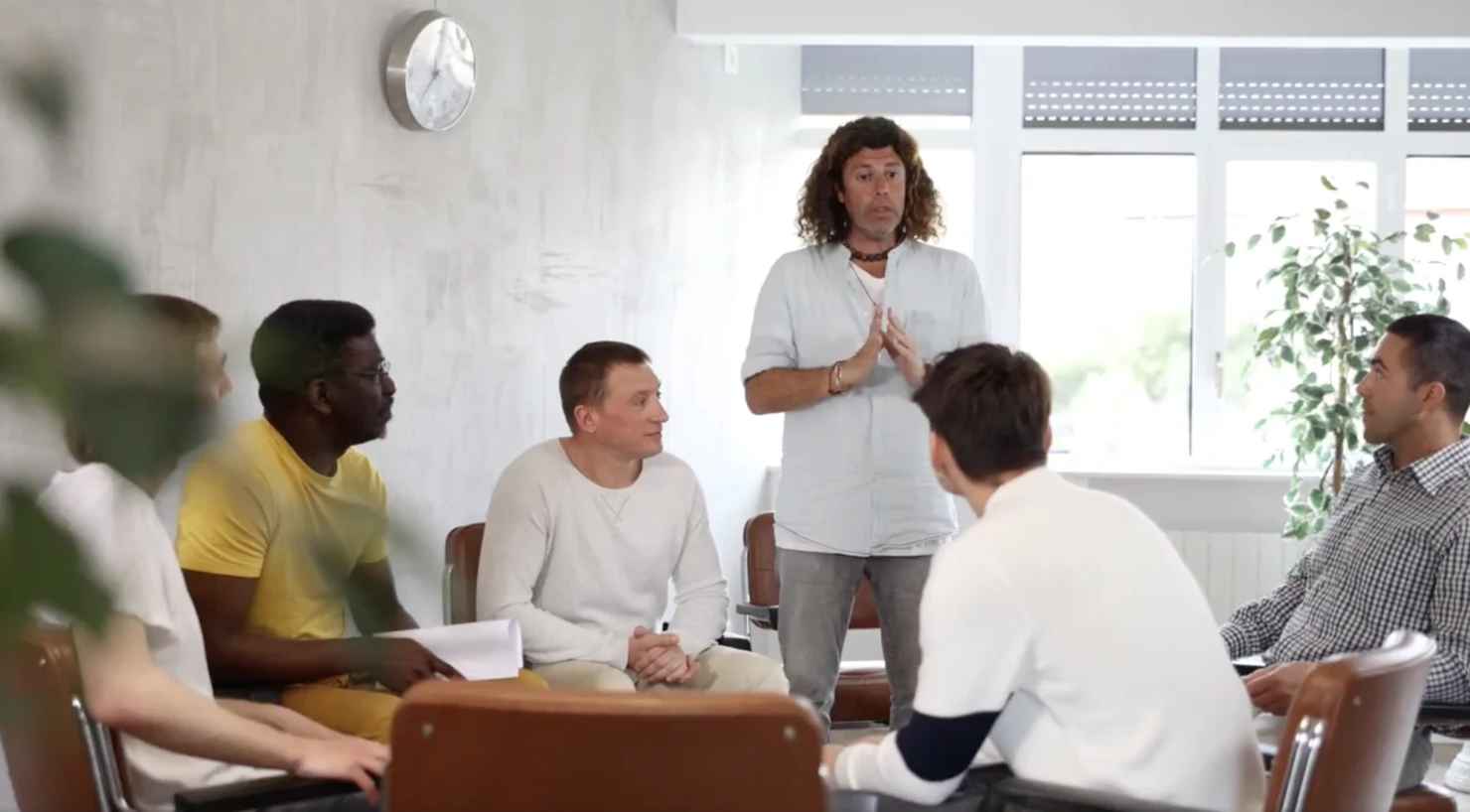
Use these free education and outreach materials in your community and on social media to spread the word about mental health and related topics. Dealing with emotional stress doesn’t have to involve adding more things to you “to do” list. Common belief used to be that if we didn’t express every emotion we felt (or at least the big ones), they would show themselves in other ways. There are benefits to examining our emotional states to learn from what our emotions are trying to tell us, and ‘stuffing our emotions’ in unhealthy ways can bring other problems. Nicole Bentley, LCSW, a licensed therapist based in Chicago, recommends engaging in observational mindfulness when you are experiencing emotional distress.

About the Acting NIMH Director

Knowing which approach is right for a specific situation can help you deal with stress more effectively. You can practice guided meditation, guided imagery, mindfulness, visualization and other forms of meditation anywhere at any time. For example, you could meditate when you’re out for a walk, riding the bus to work or waiting at your health care provider’s office. These may include drinking too much caffeine or alcohol, smoking, eating too much, or using illegal substances.
Emotion-Focused Coping Style
Role theory states that people play different roles in different domains, and these roles have different expectations and demands on the individuals [20]. The work-family conflict proposed by Greenhaus [21] is a type of inter-role healthy ways to cope with stress conflict, which, if not properly resolved, may lead to increased burnout [22, 23]. That is to say, nurses who are able to better balance their work and family roles and reduce this conflict may reduce the risk of burnout [24].
Watch Now: 5 Ways Stress Can Cause Weight Gain
Relaxation techniques can lower stress symptoms and help you enjoy a better quality of life, especially if you have an illness. Whether it’s to yourself or with a friend, talking can help tamper down your stress level. Yep, talking to yourself or about yourself in third person is a form of exerting self-control over negative emotions. If you were sleepy in the first place, the lack of sleep can make it harder to manage stress. Stretching, using essential oils, scanning your body for muscular tension, and foam rolling are just a few of the many ways to relieve stress quickly. Working with a healthcare professional if these strategies don’t work is highly advised.

Access award-winning, comprehensive primary and specialty care for your whole family. The advice “take a deep breath” may seem like a cliché, but it holds true when it comes to stress. For centuries, Buddhist monks have been conscious of deliberate breathing during meditation. Getting your blood moving releases endorphins and https://ecosoberhouse.com/ can improve your mood almost instantaneously. It has less than half the caffeine of coffee and contains healthy antioxidants, as well as theanine, an amino acid that has a calming effect on the nervous system. When we’re overwhelmed, we often forget to eat well and resort to using sugary, fatty snack foods as a pick-me-up.
Learn about self-care strategies and when to seek professional help. The Centers for Disease Control and Prevention (CDC) suggests getting 150 minutes of moderate-intensity exercise and two days of muscle-strengthening activity each week. In one technique known as ebb and flow, you visualize yourself by the ocean’s shore. As you breathe in, you imagine the waves rolling in and bringing a sense of calm. You envision the waves carrying away your stress and anxiety as you exhale. Alex Anderson-Kahl, EdS, NCSP, a nationally certified school psychologist, recommends using breathing techniques to help soothe emotional distress.

Featured Publications About Coping with Traumatic Events
Sometimes, the best way to reduce your stress is to cut something out of your life. Get rid of the things that are adding to your stress so you can experience more peace. Join an organization, attend a support group, or get professional help if you lack supportive people in your life. Keep in mind that there are many different ways to get more physical activity in your day too.
- When you have too much to do — and too much to think about — your sleep can suffer.
- From this theoretical perspective, nurse burnout is a multi-dimensional and complex phenomenon, and its cause cannot be explained by a single factor.
- Once patients learn how to recognize these beliefs and behaviors, they can also learn how to challenge them, resulting in more favorable emotional and behavioral outcomes.
- The right coping skill often depends on the situation and your specific needs in the moment.
- Whether you’re feeling lonely, nervous, sad, or angry, emotion-focused coping skills can help you deal with your feelings in a healthy way.
- Stress can be defined as any type of change that causes physical, emotional, or mental strain.
- Long-term, low-grade or acute stress takes a serious toll on your body and mind, so don’t ignore feelings of constant tension.
Any form of physical activity can help you unwind and become an important part of your approach to easing stress. Exercise increases your overall health and your sense of well-being, which puts more pep in your step every day. Being active can boost your feel-good endorphins and distract you from daily worries. I recommend scheduling minutes of quiet, uninterrupted time to journal daily.
- Stress may go away once the threat or the situation resolves, whereas anxiety may persist even after the original stressor is gone.
- Your affect influences how you think, and what you think may influence how you feel.
- Setting yourself goals and challenges, whether at work or outside, such as learning a new language or a new sport, can help build confidence.
- Also, remember that some people, especially those with serious mental health issues and a history of abuse or trauma, may have feelings of emotional discomfort during some relaxation techniques.
If these strategies aren’t giving you tools to cope, try seeking help from a professional. Foam rolling adds pressure to those trigger points, signaling your body to increase blood flow to that area and for your muscle to relax. A full-body routine can help promote relaxation the way getting a massage will.



